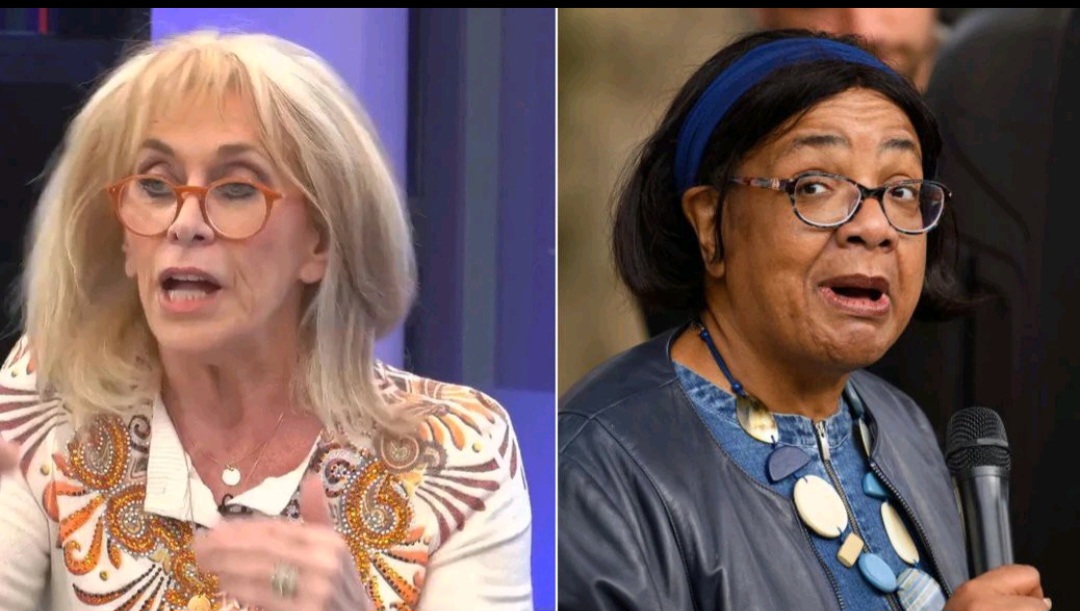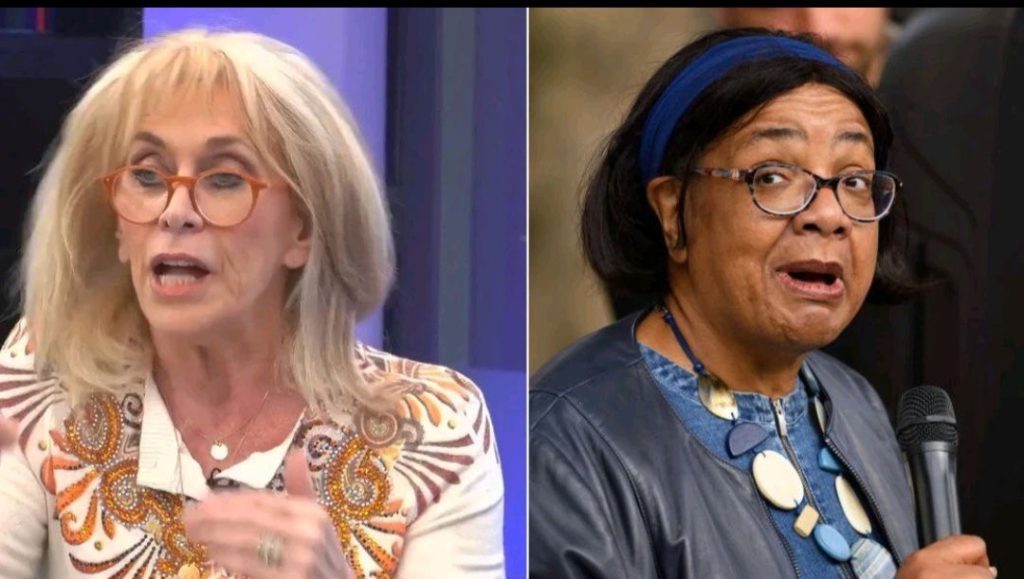
MP Diane Abbott, a prominent figure in British politics, has once again found herself embroiled in controversy, sparking a fierce debate on the news network GB News over her recent remarks on racism. Abbott, who was previously suspended from the Labour Party following a letter she wrote suggesting that certain groups, including Jewish, Irish, and Traveller people, do not experience racism “all their lives,” has elicited strong reactions from both supporters and critics alike.

The latest controversy surrounding Abbott erupted when Carole Malone, a broadcaster on GB News, expressed her outrage over Abbott’s comments, alleging that the MP believes “racism only goes one way.” Malone, known for her candid commentary, cited several instances where she claimed Abbott made racist remarks in the past. These instances included statements about West Indian women being better mothers than white women and suggesting that Jewish people only face prejudice, not racism, according to GB News.
The debate on GB News gained further traction when Frank Hester, a donor to the Conservative Party, reportedly made derogatory remarks about Abbott, stating that she made him want to “hate all black women.” Hester’s comments, although later apologized for, stirred additional controversy, with some suggesting that they were indicative of broader sentiments fueled by Abbott’s previous remarks. However, Hester insisted that his comments were not related to Abbott’s gender or race.
The exchange on GB News reflects broader societal debates on racism, its manifestations, and who qualifies as its victims. Abbott’s recent comments have reignited discussions on the complexities of racism and the need to recognize and combat it in all its forms. The controversy surrounding Abbott’s remarks underscores the necessity for nuanced dialogue on issues of race and discrimination.
At the heart of the debate lies the question of how best to address racism and discrimination in society. While some advocate for a more comprehensive understanding of racism that acknowledges its multifaceted nature and impact on various communities, others argue for a more confrontational approach that unequivocally condemns all forms of prejudice and discrimination.
As the conversation continues to evolve, it becomes increasingly evident that effectively addressing racism requires more than just condemning individual acts or statements. It necessitates a broader commitment to dismantling systemic inequalities, challenging ingrained biases, and promoting diversity and inclusion across all aspects of society.
In light of the controversy surrounding Abbott’s remarks, there is an opportunity for reflection and introspection on how best to address racism and discrimination moving forward. By engaging in constructive dialogue, listening to diverse perspectives, and confronting the complexities of racial dynamics, society can take meaningful steps toward creating a more equitable and inclusive future for all.




